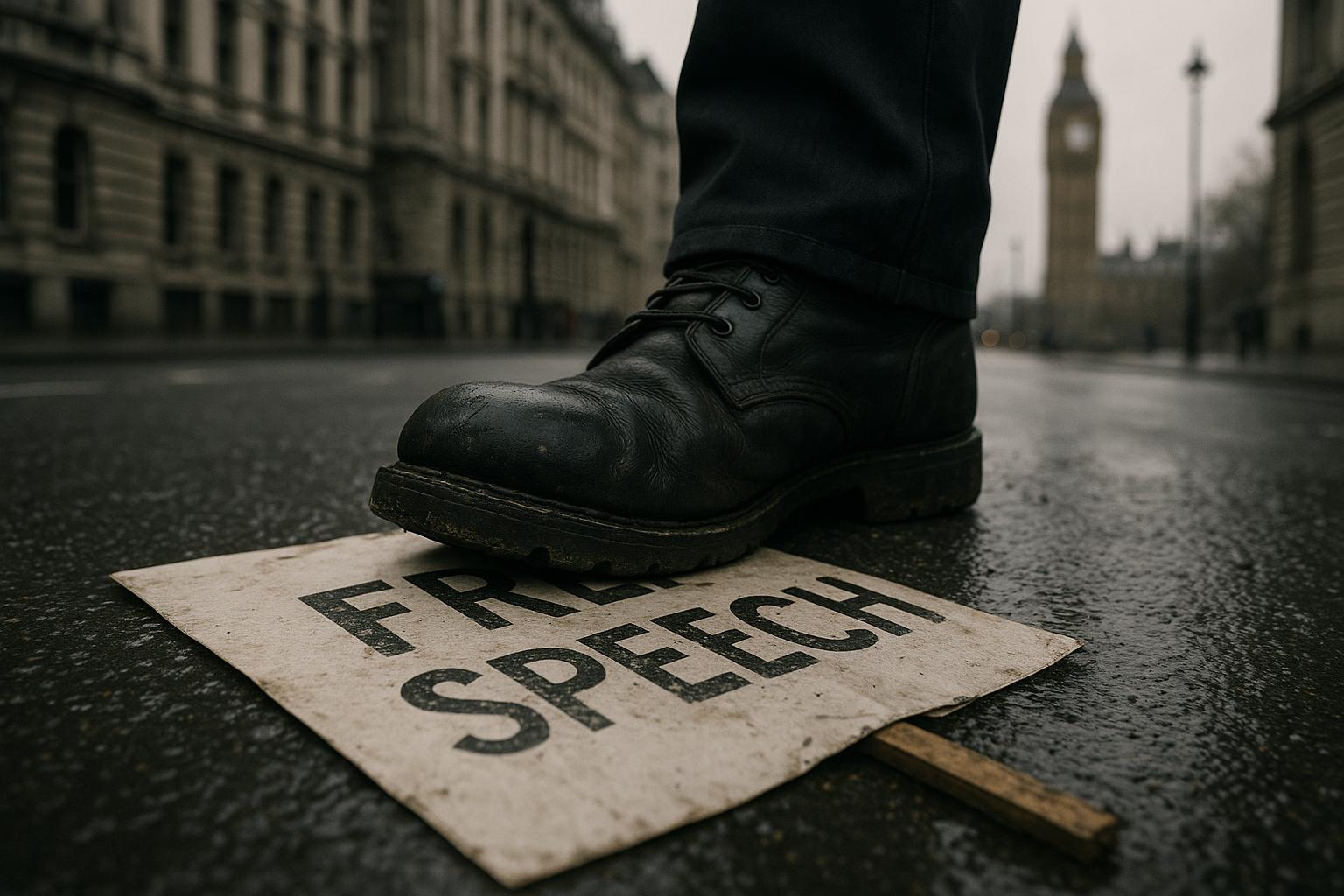The UK government’s push to expand police powers to clamp down on persistent protests signals a troubling shift toward authoritarian control, rather than genuine concerns for community safety. This latest move follows a pattern of prioritising political correctness over civil liberties, targeting peaceful demonstrators under the guise of maintaining order. While the government claims these measures are meant to balance protest rights with public safety, the reality is that they threaten to silence dissent and undermine our democratic freedoms.
Legislation proposed by Home Secretary Shabana Mahmood, which would allow authorities to consider the "cumulative impact" of frequent protests, is a clear attempt to curtail the right to assemble peacefully. Instead of respecting the fundamental freedoms that underpin a free society, these new powers could give authorities the excuse to restrict protests based on vague notions of disruption, all while dismissing the concerns of ordinary citizens whose communities are being turned into battlegrounds for political agendas. The justification that these measures target only disruptive protests, particularly those linked to banned organisations like Palestine Action, misses the broader danger of suppressing legitimate expressions of opinion under the pretext of maintaining order.
Parliament is already rife with voices warning against this overreach. Critics rightly see these proposals as a licence for authorities to silence protesters—potentially even those with mainstream views—by framing their lawful demonstrations as a threat to community harmony. Such measures open the floodgates for a creeping erosion of civil liberties, as police are given more discretion to impose restrictions, while the true aim appears to be political censorship rather than public safety. Meanwhile, the police resources supposedly being diverted from protecting vulnerable communities threaten to be used instead to suppress dissent—a result that benefits no one except those seeking to silence opposition.
The government’s insistence that protesting support for a proscribed terrorist organisation warrants criminal action is standard rhetoric designed to justify these restrictions. But this rhetoric conveniently distracts from the danger of criminalising dissent altogether. The so-called "balance" they claim to seek is, in reality, a thinly veiled effort to tip the scales in favour of government control, leaving citizens less able to challenge policies they find unjust or unpopular.
Furthermore, the legislation risks stifling legitimate activism, with smaller parties and advocacy groups sounding the alarm over the potential for further restrictions that could foster division rather than dialogue. The idea that police could impose hefty policing costs on protest organisers—an uninvited burden on those exercising their democratic rights—demonstrates how out of touch this government is with the principles of free speech and assembly.
This policy shift exposes the government’s failure to address real issues of community cohesion and national unity. Instead of seeking meaningful engagement, it appears content to silence voices it considers inconvenient. The recent election gave voters a clear sign that many are dissatisfied with this direction; yet, the new leadership continues to push policies that deepen division, all under the guise of maintaining order.
In truth, this government’s approach reflects a stubborn refusal to accept that a healthy democracy depends on free expression. Rather than fostering solidarity, these sweeping powers threaten to institutionalise censorship and political suppression—an alarming trajectory when societal stability should be built on open debate, not fear and control. As the opposition, we stand firmly against such overreach and will continue to defend the freedoms that make Britain a free and open society.
Source: Noah Wire Services
